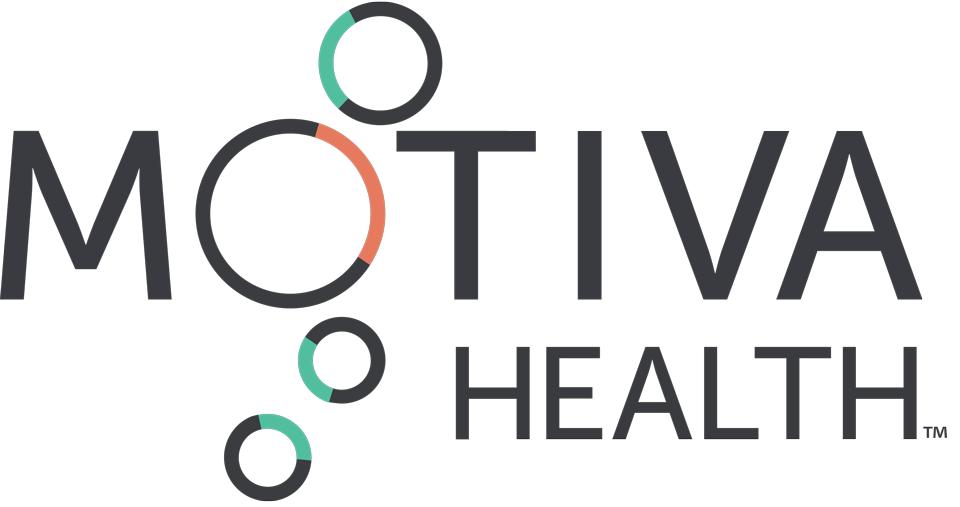5 Nutritional Tips for Brainpower
Let’s face it, not all of us are always running at peak mental performance throughout the day. We may experience brain fatigue, which can not only lead to undesired dips in productivity but also reduce overall quality of life. On to the good news: When it comes to what you bite, chew and swallow, your choices can have a direct impact on your brainpower. Whether you’d like to improve your focus, foster more creativity, decrease post-lunch fatigue, or just feel better, we have some nutritional tips to help you power through the work day.
1) Befriend Essential Fatty Acids
Did you know that nearly 60% of your brain matter is comprised of fat? Fatty acids are crucial components of the brain’s integrity and have a profound impact on its ability to perform. In the fats group, the “super stars” are certainly the omega 3’s and omega 6’s. They must come from our dietary sources as they cannot be synthesized by the body (hence the name essential fatty acids).
Avoid saturated or trans fats and consume foods high in omega 3’s and omega 6’s like avocados, nuts, chia seeds, olive oil and fish such as salmon, halibut, mackerel and sardines. Tip: Walnuts make a great desk snack as these little gems are extra packed with neuroprotective compounds. Plus, they look like mini brains!
2) Choose your Carbs Wisely
Sure, carbohydrates provide us with fuel; however, not all carbs are created equal. Let’s break it down: Carbohydrates come in three forms - starch, sugar, and fiber. Sugar is a simple carb, while starch and fiber are complex carbs.
Foods containing simple carbohydrates such as cereal, white bread, pasta, and packaged snacks cause a rapid release of glucose in the blood, followed by a dip— and with this sugar decrease, often with it goes our attention span and mood.
On the contrary, complex carbohydrates such as vegetables, legumes, quinoa, whole grains, and oats digest more slowly, enabling a more steady level of energy and attentiveness. Choose your carbs wisely to avoid the post-lunch “carb coma.”
3. Praise the Protein (and Choline)
Protein is not only essential for tissue growth and repair, but it contains tyrosine, an amino acid that promotes mental clarity (goodbye, brain fog!). All proteins are valuable to your brain, but protein-containing foods with choline provide an added bonus.
Choline is a precursor to an important neurotransmitter that is required for normal brain function. Foods high in both protein and choline include eggs, beef liver, chickpeas, and poultry. It’s a good practice to incorporate protein with every meal, especially when it comes to breakfast and lunch.
4. Load up on Veggies & Fruits (berries, berries, berries!)
Vegetables and fruits are brimming with antioxidants that help to fight off free radicals and reduce oxidative stress on the brain. Not to mention, the array of vitamins and minerals offered by veggies and fruits are essential for proper brain function.
Diversify your choices -think of eating a rainbow- to provide for a steady supply of micronutrients. Also, consider special attention to blueberries-- they are loaded with antioxidant polyphenols and flavonoids, and there’s a bank of research that indicates they may improve cognitive function. Regular consumption makes the brain berry happy!
5. Honor Thy Herbs
We love herbs, and there several that are recommended for brain power. Among them is Ginkgo Biloba, often used to improve brain circulation, protect neurons and even to support the growth of new brain cells.
Curcumin, contained in the spice turmeric, also deserves a special “shout out” as it may protect against cognitive decline and help improve memory. Fun fact: Residents of rural India who consume large amounts of turmeric have the lowest rates of Alzheimer’s in the world, perhaps due to curcumin’s protective properties!
Speaking of turmeric, check out Dr. Kale’s 4 Important Tips on Turmeric Consumption!
Medical Disclaimer
The information and reference guides in this website are intended solely for the general information for the reader. The contents of this web site are not intended to offer personal medical advice, diagnose health problems or for treatment purposes. It is not a substitute for medical care provided by a licensed and qualified health professional. Please consult your health care provider for any advice on any exercise, medication, nutrition, or supplementation.

